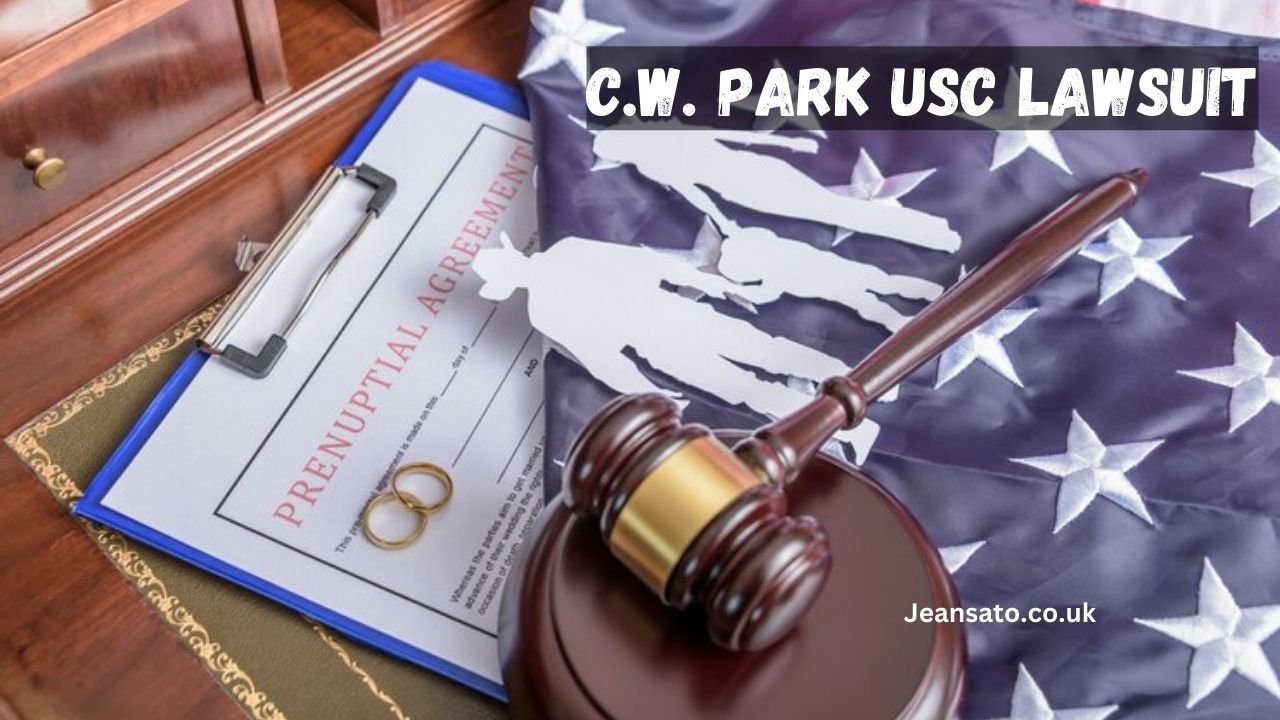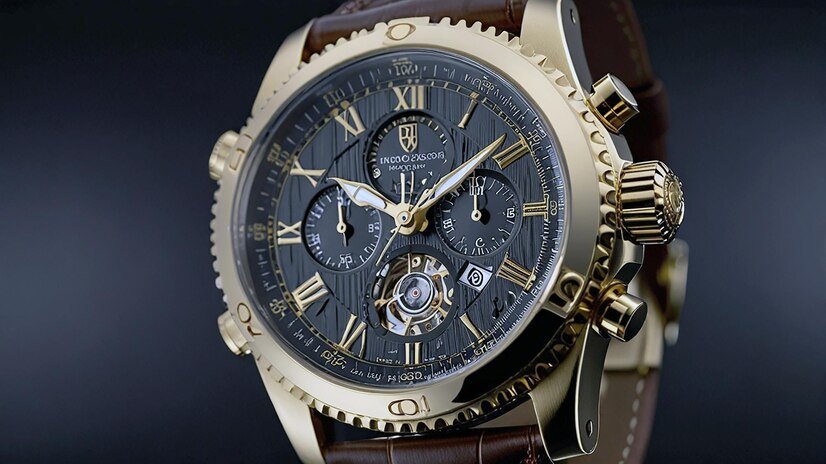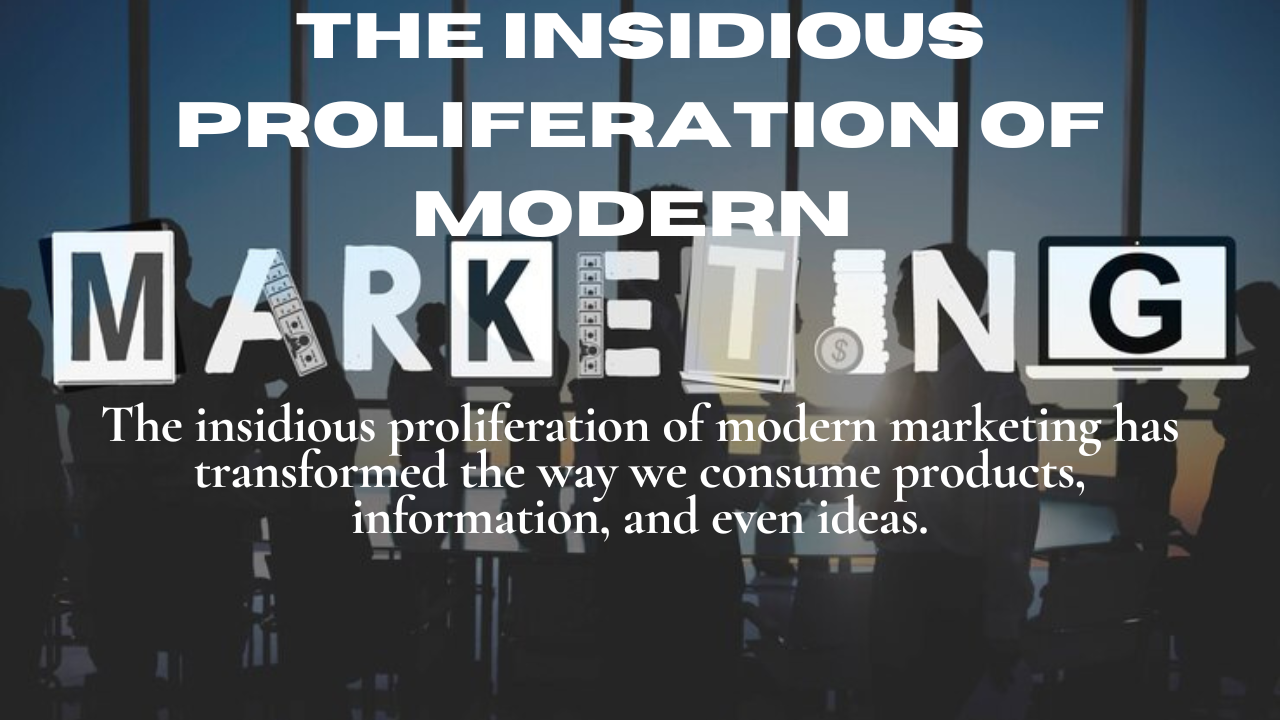Come along on this investigation of intrigue, accusation, and possible repercussions that could permanently change the face of higher education as we go deep into the C.W. Park USC Lawsuit. Get ready for a rollercoaster ride through the legal battlefield where reputations are at stake and justice is under scrutiny.
History of the parties concerned
The University of Southern California (USC), a renowned university with a reputation to maintain, is on one side of the C.W. Park USC Lawsuit, a legal struggle that has made headlines. On the other side is renowned professor Dr. C.W. Park of USC’s Marshall School of Business.
The well-known marketing and consumer behavior specialist Dr. Park has been at the center of accusations of inappropriate behavior and sexual misconduct against students under his supervision. These charges have generated controversy and questioned the balance of power in academic settings.
The lawsuit’s result may establish a standard for how universities handle misbehavior accusations and shield their student body from abuse or exploitation as both parties work through legal processes and public scrutiny.
Libels vs C.W. Park and USC
Students should expect a safe environment free from such behavior. The serious accusations of sexual misconduct and harassment against USC and C.W. Park in the ongoing lawsuit have shocked the academic community and beyond.
Recognizing that these accusations need to be carefully looked into to find the truth and guarantee responsibility is essential. Misconduct of any kind or abuse of authority cannot be allowed in educational settings that develop young brains.
Though USC has promised to investigate these claims, it is unclear how they will manage this sensitive matter going ahead. Restoring trust within the university community will need openness and quick action.
Concerning C.W. Park, being at the center of such grave accusations might have a big impact on his career and reputation. For justice to be served, all parties concerned must work with the authorities during this inquiry.
Reaction of C.W. Park and USC
Both USC and C.W. Park have replied to the charges made in the C.W. Park USC lawsuit. USC has said that they take any accusations of wrongdoing seriously and are looking into the claims made against them in-depth.
But C.W. Park has refuted every charge of misconduct, underlined their dedication to maintaining professional standards in their position at the institution, and throughout this process, they have conveyed confidence in their deeds and integrity.
The replies from both sides point to a difficult legal fight ahead as they both maintain their stances on the accusations made. This back-and-forth dynamic complicates an already divisive issue that will probably continue to develop in the next weeks and months.
Consequences and possible results of the litigation in law
The C.W. Park USC lawsuit has important legal ramifications because it addresses intricate topics of sexual assault in educational contexts. The accusations made against USC and C.W. Park have generated a contentious discussion about responsibility and openness in academic institutions.
Should the lawsuit go to trial, it might establish a standard for how colleges handle situations involving faculty members’ sexual harassment and assault. Possible results could range from monetary settlements to revisions in policy meant to stop such instances in the future.
The case also emphasizes the need for appropriate investigation protocols and support systems for victims of misbehavior, and it emphasizes the need for colleges to put student safety and well-being first.
It will be important to watch how USC reacts to these claims and modifies its procedures as this court struggle develops since the consequences may affect other higher education institutions around the country and influence how they handle comparable issues going forward.
Result on USC’s standing and next steps
Unquestionably, the C.W. Park USC lawsuit has damaged the university’s reputation. As sexual misconduct accusations surface, USC is under close examination from the public and its academic community. The way this case is handled will surely have a long-term effect on how the university is viewed going forward.
The decisions USC makes in light of these accusations will not only affect its standing in the eyes of students and stakeholders but also its capacity to draw top talent and preserve credibility as an educational institution. USC is at a critical juncture in response to the controversy where decisive actions must be taken to address any systemic issues within its organization.
Beyond merely legal consequences, this scandal raises more general concerns about responsibility, openness, and moral behavior in academia. How USC handles this issue will influence not only its future but also possible future handling of comparable circumstances by other universities.
Talk about the more general problem of sexual misbehavior at colleges
Beyond specific instances like the C.W. Park USC lawsuit, sexual misconduct in universities is a widespread problem that illuminates institutional reactions, power dynamics, and the need for accountability and transparency. The effects of such occurrences ripple through academic communities, compromising safety and trust.
To address sexual misconduct, educational institutions must change their culture to put prevention first, help victims, and hold offenders responsible. Respectful cultures, training programs, and clear reporting procedures are crucial first steps in making classrooms safer for all students.
Engaging in these candid and productive conversations can help to create campuses where everyone feels safe and respected. The conversation around sexual misconduct in universities is multifaceted and includes topics on consent education, Title IX policies, campus resources for survivors, and dismantling harmful norms that perpetuate harassment.
Conclusion:
The need to confront sexual misbehavior in educational institutions and lessons to be learned from this situation
The C.W. Park USC Lawsuit has brought attention to the grave problem of sexual misbehavior in educational institutions. It also serves as a reminder that everyone is accountable for such misbehavior regardless of position or power.
Universities and other educational institutions must going forward give top priority to the safety and well-being of their employees and students. To ensure a safe learning environment for all, strong policies and procedures must be put in place to prevent, report, and handle cases of sexual misconduct.
We can work to establish an environment of respect, integrity, and equality within educational institutions by taking proactive steps to address sexual misconduct and learning from this case. It is only through group effort and unwavering dedication that we can make a difference in combating sexual misconduct and ensuring justice for all.











